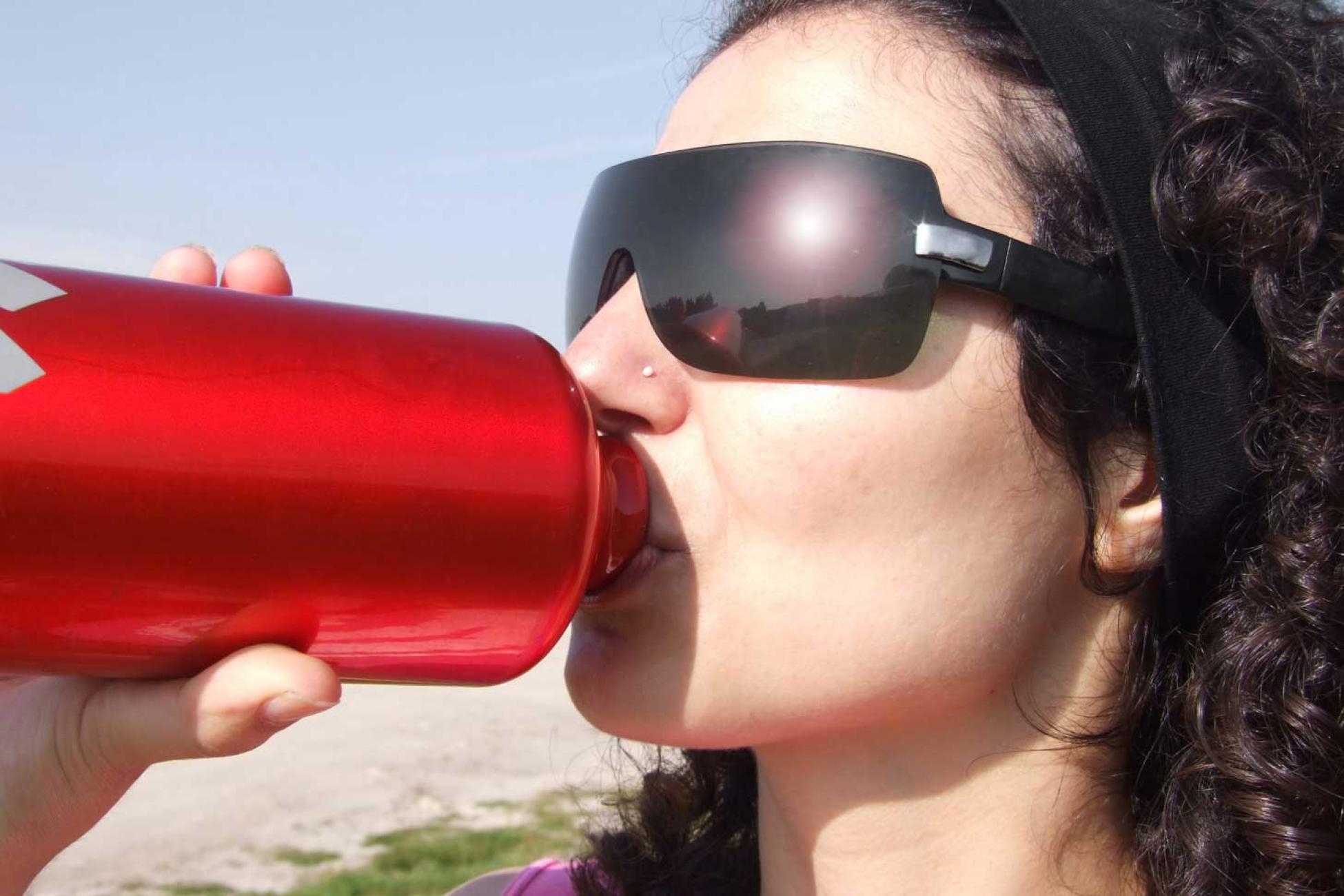Why a special article for female travellers? Well, women need to be concerned about everything that men are when they travel, and then an awful lot more. Dr Mark Wise takes a quick look at some of the issues.
Girl Stuff
Travel can sometimes play havoc with those health issues that are the domain of women. What was formerly a menstrual cycle that ran like clockwork may, in fact, disappear altogether. This is acceptable to many women, as long as they can be sure that they are not pregnant. Using the birth control pill will usually solve the need for a regular cycle, if this is a concern—though there are issues with relying on it for contraception on the road (see below).
Malaria
Mosquitoes probably can't tell a girl from a guy, but anti-malarials can. Mefloquine (Lariam), which is well-known for its psychological side effects, tends to cause them slightly more in women. An alternative, Doxycycline, may lessen the efficacy of the birth control pill and lead to yeast infections. Having said that, both are good anti-malarials, as long as you are aware of the potential side effects.
Contraception
If you plan to be on the pill while you are away, be sure to take adequate supplies, as your brand may not always be available at your destination. Be aware that certain drugs you may need on your travels (like Doxycycline, mentioned above) may lessen its effectiveness; barrier methods should be used as well.
Sexually transmitted diseases are a risk for both sexes, regardless of where in the world you are travelling or living. Condoms are an absolute must if you do not know the HIV (or any other STD) status of your sexual partner. Carry your own stock!
Supplies
The most commonly used feminine hygiene products are tampons, and like other necessities of life, they may not be readily available at your local convenience store when you are in Africa. Pack what you will need in advance. Sticklers for travelling light, take note: the Keeper, is a small, bell-shaped, natural gum rubber menstrual cap that is worn internally. It is a comfortable, hygienic, sanitary, safe alternative to tampons and pads. It's very easy to use (says the male doctor) and one cap will last for many years (say the manufacturers).
Remember, when making your pre-travel purchases, that yeast infections are more common in tropical countries, and may occur as well after being on any antibiotic. You might consider carrying your own remedies such as Monistat or Canestan cream, or a single-dose tablet, Diflucan.
Safety
Personal safety is of importance to both sexes, but once again, female travellers have some additional concerns. There are very few instances where local women whistle at and harass foreign men. Unfortunately, the opposite is often true. Assuming you don't want to be harassed and whistled at, or worse, remember the following suggestions:
• Dress with common sense and respect for the local culture. Act in the same way.
• Whenever possible, do not walk or travel alone. In many cultures, women walk arm in arm or holding hands. They talk non-stop and laugh incessantly. This is not just a show of affection; they may be having a good time, but they are also avoiding the local men.
• Walk with a sense of purpose, even if you are a little bit disoriented. It is easier to ignore somebody while you are moving and not looking at them.
• If there are "women only" buses or train carriages, take them. They are probably there for a reason.
• Wear a cheap wedding band, and have some stories ready to tell about your "husband and children," even if you have neither.
• Don't accept a drink unless you have seen it poured.
• Ensure your living accommodations are secure. Make sure that your room is locked, and don't open the door unless you know who is on the other side.
Follow your gut reactions. If a situation doesn't feel comfortable, you should remove yourself from that situation as quickly as possible. Be aware of your surroundings.
Mark Wise is a family doctor in Toronto, specializing in travel and tropical medicine. He is the director of The Travel Clinic and acts as medical advisor to numerous NGOs and is on the board of Canadian Feed the Children. He has travelled to most of the places where you might consider volunteering.
Related Articles:
I Conquered My Fear of Travelling as a Solo Female
Enjoying Nightlife in a Foreign City




